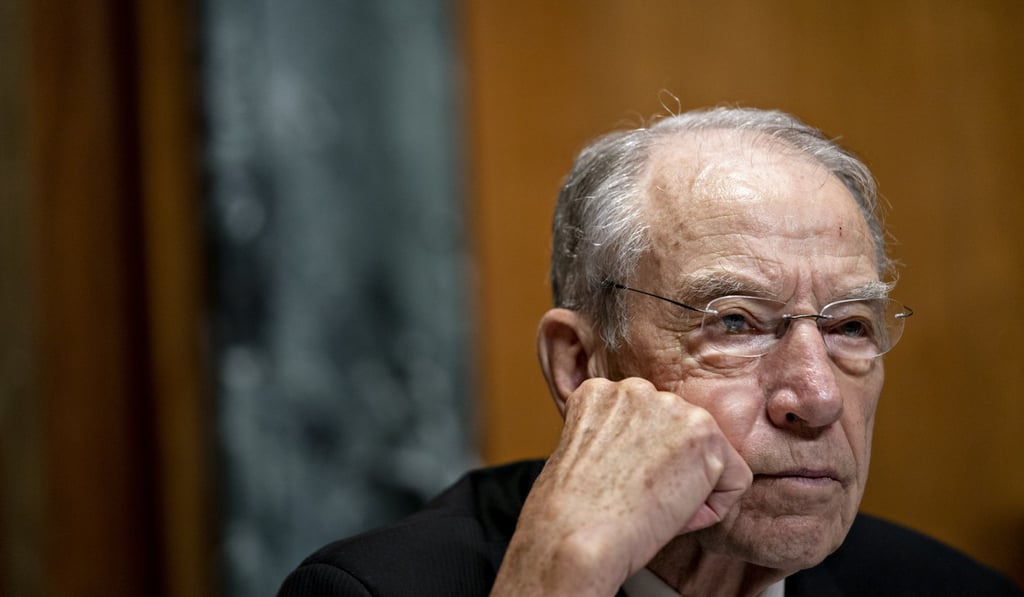Senator wants inquiry into whether ‘conflict of interest’ led to US approval of deal involving Chinese state company and Joe Biden’s son
- US lawmaker Chuck Grassley calls on Treasury Department to investigate CFIUS’ consent to 2015 purchase of American tech business
- The transaction was subject to screening by the US regulatory body, which studies proposed foreign acquisitions for national security threats

US Senator Chuck Grassley, the Republican chairman of the Senate Finance Committee, has called on the Treasury Department to investigate whether the 2015 purchase of an American tech business by a Chinese state-owned company was approved because of conflicts of interest within the Obama administration.
The Aviation Industry Corporation of China (AVIC) acquired a majority stake in the US firm Henniges, a Michigan-based producer of automotive anti-vibration technology, after the Committee of Foreign Investment in the United States (CFIUS) gave its approval.
One of the companies involved in the Henniges transaction, according to a New York Post article cited by Grassley, was formed by a son of then-vice president Joe Biden and the stepson of then-secretary of state John Kerry.
CFIUS is charged with screening foreign acquisitions or investments in US firms for potential threats to national security. In a move widely regarded as a means to bolster scrutiny of Chinese money flowing into the US, the inter-agency body’s regulatory purview and powers were expanded under legislation passed in August 2018.

In his letter to Treasury Secretary Steven Mnuchin on Wednesday, Grassley said there was an “overwhelming risk of conflicts and national security concerns in the Henniges acquisition”.